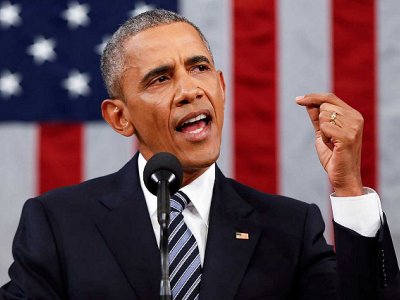
HATE SPEECH
Should there be legal limits to my freedom to insult you?
When does my insult of who you are and what you believe become a crime? Or is it never a crime? These are questions we are struggling to answer in twenty-first century multicultural Britain.
This effectively began with the Rushdie affair and the publication of The Satanic Verses in 1988. It took several months to get going, but a public burning of the book by devout Muslims in Bradford touched a nerve; the last time we saw such an act was by the Nazis as they asserted control over Germany.
It was the harbinger of the challenges to come over integration and extremism that have probed British life since. The Ayatollah Khomeini’s fatwa, delivered on Valentine’s Day 1989, that whoever had the chance should kill Rushdie for his apostasy, showed the global reach of militant Islam. Even if there were domestic calculations for Khomeini, struggling to recover from a disastrous war with Saddam and needing to re-assert his leadership of revolutionary Islam, his act has been imitated on countless less public fronts by those who believe their interpretation of Sharia overrules any given national law.
Both the United Nations and the United States tolerate no derogation from the right to free speech. Article 19 of the Universal Declaration of Human Rights says ‘everyone has the right to freedom of opinion and expression’. Meanwhile the US Bill of Rights protects all forms of speech; as Barack Obama has said: ‘I accept that people are going to call me awful things every day and I will always defend their right to do so’.
The position in Britain is more ambiguous. Several laws limit the ability to insult others or what they believe. People can be prosecuted for using ‘threatening, abusive or insulting words’ likely to stir up racial or religious hatred; they can even be tried for provoking general ‘alarm or distress’. More recently still, it has become a crime to ‘encourage terrorism’ and to incite violence on the basis of people’s sexual orientation. These are not idle concerns: in one recent year, over 40,000 hate crimes were recorded.
Restrictions on free speech have been seen as an exception to the rule, but this seems to be changing. The Blasphemy laws were abolished in 2008. These had prohibited ‘any writing concerning God or Christ, the Christian religion, the Bible or some sacred subject using words which are scurrilous, abusive or offensive, and which tend to vilify the Christian religion’. A less Christian minded nation cared less for the name of God.
These laws had created a sacred space in public conversation and said something important about the power of words and their ability to tear the fabric of society. Their removal was meant to signify that Britain was a multi-faith nation but it actually represented a decline in the status of religion.
It is no accident that new laws surrounding identity and belief have been enacted over the same period, for they amount to a secularisation of the old blasphemy laws. Despite greater freedoms to shock and insult, which have been adopted with relish in the digital age, we still seem to value inviolate spaces which cannot be desecrated. The problem is how to demarcate them. What undermines the fabric of today’s liberal, plural, multicultural society? An erosion of shared values makes it hard to legislate on agreed grounds; greater subjectivity in determining what amounts to an offense is likely to widen the categories of hate speech.
There is some merit in the US and UN adoption of unfettered freedom of expression, but also a lingering sense that other freedoms can be compromised by it, like the freedom from fear. The philosopher Edmund Burke identified the connection between freedom and responsibility. The State should consider people mature enough to regulate their freedom responsibly and the people should thus take from the State the burden of having to legislate against their irresponsibility. This is a version of the golden rule: to treat others as you would wish to be treated. For the Church, there is a need for wisdom to know when to call for legislation which might protect its people and other faith communities from palpable danger and when to absorb those insults as an historic function of believing in the foolishness of the cross
POPULAR ARTICLES

Obama's Covert Wars
The use of drones is going to change warfare out of all recognition in the next decades.

Through A Glass Starkly
Images of traumatic incidents caught on mobile phone can be put to remarkable effect.

What Are British Values?
Is there a British identity and if so, what has shaped the values and institutions that form it?


